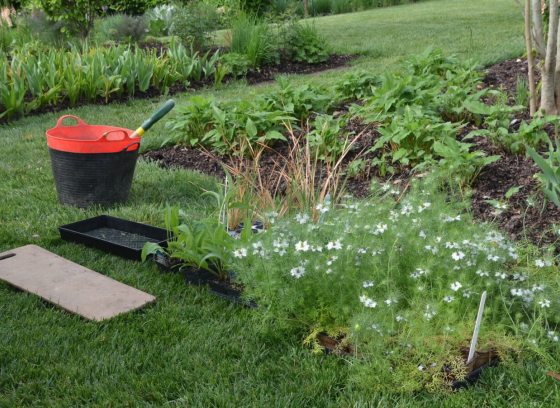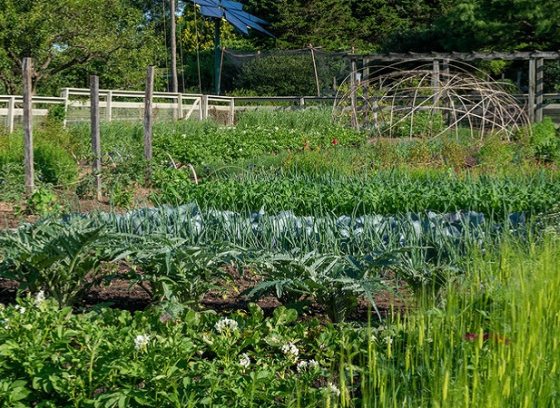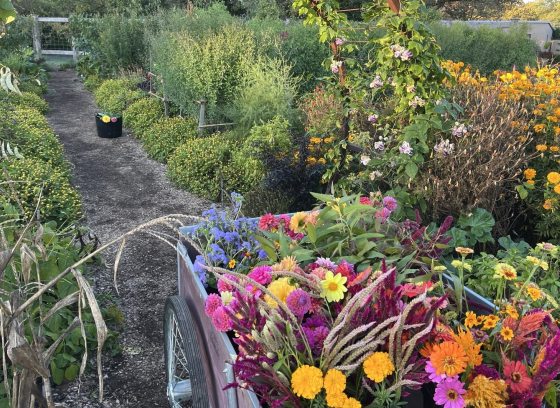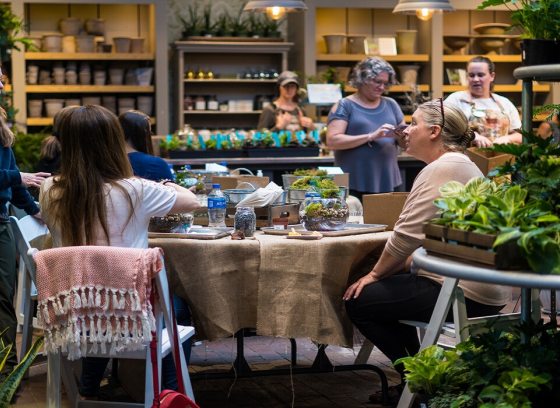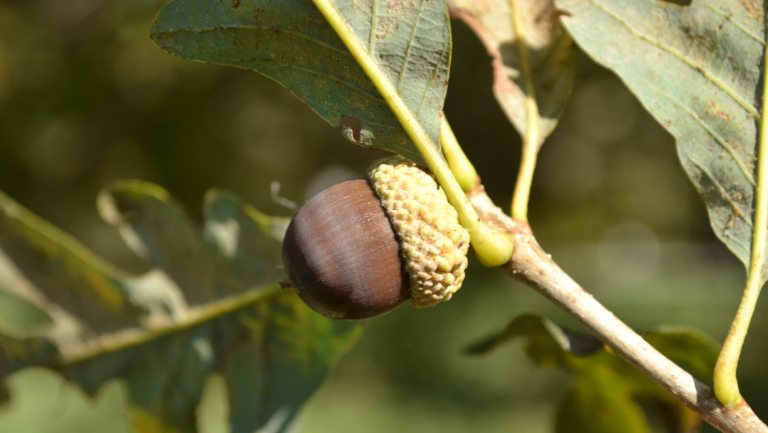
Take a journey with oaks through time and space—from eastern North America to Mexico to Europe and China, oaks are foundations of the forest.
Join naturalist, leading researcher, and author of several books, including Oak Origins: From Acorns to Species and the Tree of Life, Andrew L. Hipp, and Associate Director of Collections at Longwood Gardens, Tony Aiello, to learn how oak evolution shapes the forests and savannas of today, including the myriad fungi, insects, and other organisms that live with and depend on oaks.
Dive into current research on the oak Tree of Life and learn how oak evolutionary history shapes the forests we know today and how it may shape the forests of the future. Learn about the interdependencies between oaks and the organisms they have evolved with over millions of years.
This lecture will be followed by a book signing and opportunity to meet the author. Oak Origins is available for purchase before this event on The Garden Shop online.
Location
The Visitor Center Auditorium
Instructor
Anthony Aiello & Andrew L. Hipp, PhD
Anthony Aiello is Associate Director of Collections at Longwood Gardens, where he participates in tree conservation, plant exploration and evaluation, and collections development. Previously he served for over 20 years as the Director of Horticulture and Curator at the Morris Arboretum of the University of Pennsylvania, where he managed their historic gardens and living collections. These positions have allowed him to travel throughout the US, Europe, China, and Japan to find novel plants suitable for growing in the Delaware Valley. He has a B.S. from Cornell University and M.S. from Purdue University and for many years chaired the North America-China Plant Exploration Consortium (NACPEC) and participated in the APGA’s taxonomy and plant collections committees.
Aiello’s interests include temperate trees and shrubs, in particular oaks, maples, hollies, witchhazels, and flowering cherries, as well as economic botany and the history of horticulture. He has written extensively about his travels, as well as his historic and plant interests.
Andrew L. Hipp, Ph.D., is the senior scientist in plant systematics and Herbarium Director at the Morton Arboretum and a lecturer at the University of Chicago. His research integrates the tools of genomics, phylogenetics, comparative biology, and community ecology to understand the shape and timing of the plant Tree of Life and how its species have arisen and shaped our world.
Hipp was awarded a Fulbright Fellowship in 2014 for his work on the evolution of oak diversity and a 2018 Distinguished Informal Science Education Award by the National Science Teachers Association. He is the author of Field Guide to Wisconsin Sedges (University of Wisconsin Press, 2008) and sixteen children’s books on a variety of natural history topics (Powerkids Press, 2002-2004), as well as more than 100 academic articles and book chapters. His creative work has appeared in Arnoldia, Scientific American, and International Oaks: The Journal of the International Oak Society, as well as on his natural history blog, A Botanist’s Field Notes.

